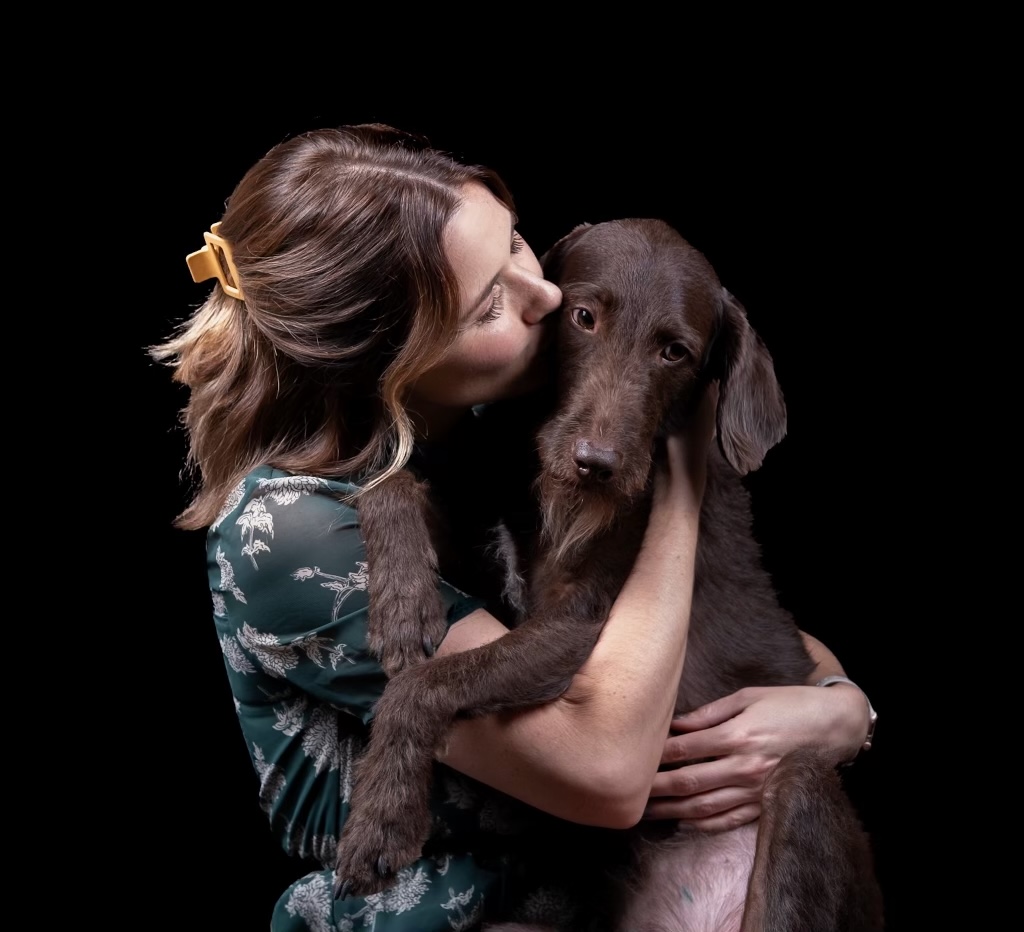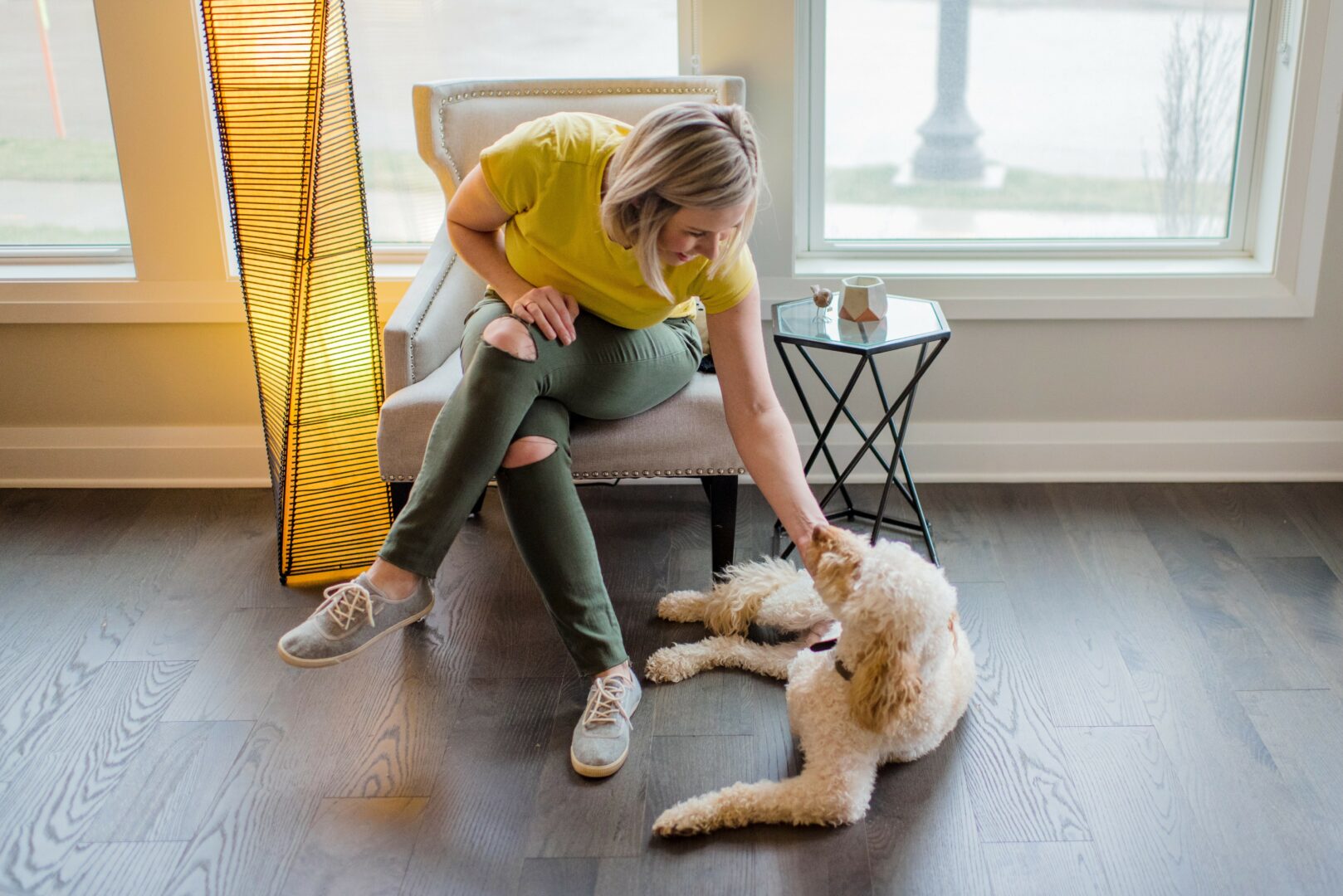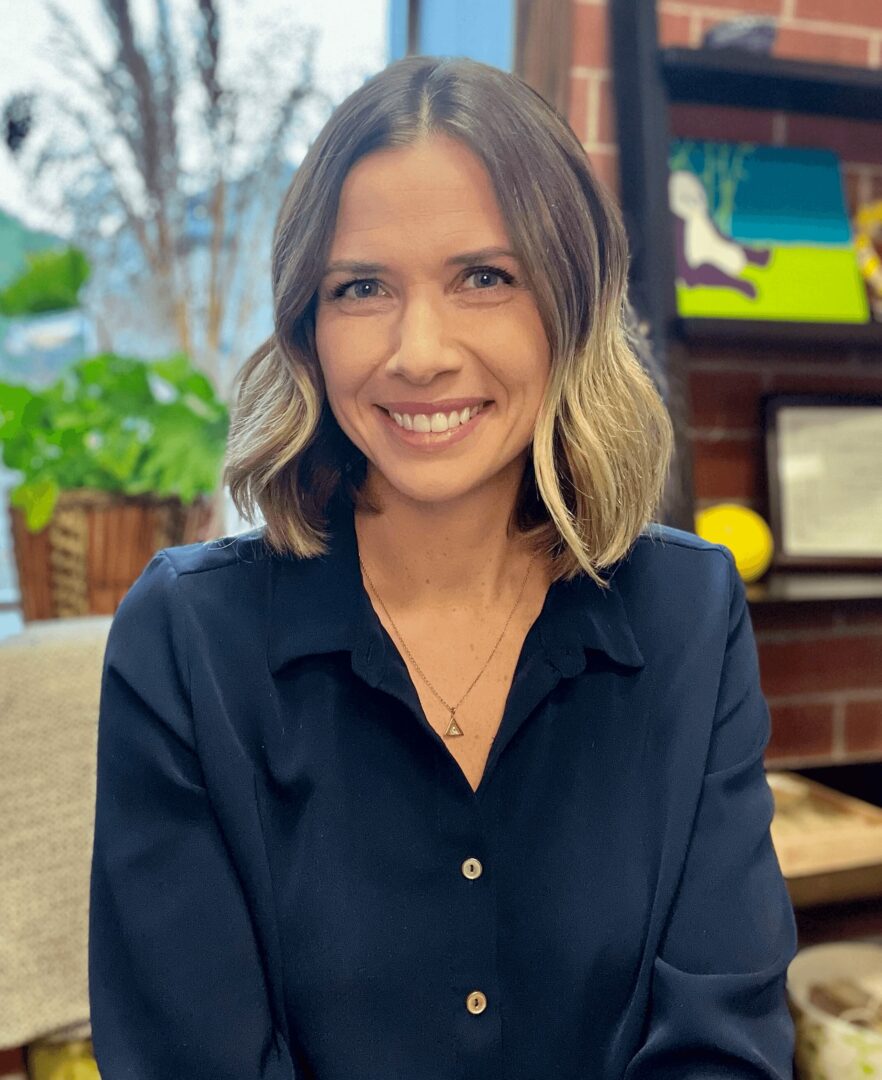We recently connected with Ashley Strong and have shared our conversation below.
Hi Ashley, really happy you were able to join us today and we’re looking forward to sharing your story and insights with our readers. Let’s start with the heart of it all – purpose. How did you find your purpose?
I don’t believe purpose is a fixed destination or a singular role—being a therapist, a good person, a loyal partner, a yoga enthusiast. Instead, I see it as something that emerges from deep engagement with the world. Purpose isn’t just ‘found’—it’s shaped by experience, curiosity, and reflection and is a life-long quest.
For me, it’s been a process of questioning what truly matters, exploring different ways of being, and understanding where I fit in the vast, interconnected web of existence. Living in a different country, working in high-pressure corporate environments, and ultimately shifting to therapy all taught me that purpose isn’t about what you do, but about the perspective you bring to it.
Purpose reveals itself when we allow ourselves to sit with uncertainty, ask big questions, and pay attention to what pulls us toward meaning. For me, that pull has always been toward understanding people, life experience, and transformation—and using those understandings to help others navigate their own path in life.

Appreciate the insights and wisdom. Before we dig deeper and ask you about the skills that matter and more, maybe you can tell our readers about yourself?
I’m a licensed psychotherapist practicing in person in Colorado and virtually in Nebraska. My work focuses on helping people improve relationships, overcome trauma, and navigate life’s most profound transitions—including pet loss, a type of grief that is often misunderstood but deeply real.
My path toward therapy wasn’t linear. I started in business, but I was always drawn to something deeper—questions about meaning, identity, and growth. After making a radical career shift, I found my calling in helping people understand how their life experience has impacted their view of the world and themselves, challenge limiting self-beliefs, and ultimately, reconnect with life in a way that feels meaningful.
What excites me most about this work is witnessing transformation—the moment someone realizes they are not inherently defective, that their emotions are valid, and that healing doesn’t mean forgetting but rather integrating hardship into a life that still holds purpose. My approach is holistic, blending evidence-based practices with existential curiousity. I work with clients not only navigating relational struggles but also searching for a deeper sense of meaning and direction in life.
Right now, I’m focused on expanding my private practice and exploring ways to make therapy more affordable and accessible, including leveraging cutting-edge AI to support clients between sessions. Like it or not, AI is becoming part of the mental health landscape. Rather than resisting its role in therapy, I’ve chosen to research how—and if—certain platforms can be both helpful and ethical. My long-term goal is to develop a therapist-led, AI-assisted practice that enhances care while remaining accessible and affordable.
If there’s one thing I want people to know, it’s that feeling lost in life isn’t a failure—it’s a signal. It’s our mind and body recognizing that there’s something greater beyond the day-to-day routines we often get caught up in. Rather than something to fear, it’s useful data—an invitation to reflect, realign, and determine how we truly want to live. My work is about creating a space where people can explore those questions safely, not just in therapy sessions but in the broader conversation about meaning, healing, and living with intention.

Looking back, what do you think were the three qualities, skills, or areas of knowledge that were most impactful in your journey? What advice do you have for folks who are early in their journey in terms of how they can best develop or improve on these?
One of the most valuable skills I’ve developed is thinking ahead about the future of my field. My first career taught me that failing to adapt to customer demands and technology can quickly make a business obsolete. If I plan to practice for decades, I’d be naïve to assume therapy will stay the same. Staying relevant, even as technology evolves rapidly, is key. My advice? Stay curious. Pay attention to industry shifts, question what’s possible, and embrace change rather than resist it.
A strong ethical foundation has shaped my approach to therapy, especially in a field where integrity is paramount. AI in therapy is new, and we’ve already seen cases where ethics were overlooked. Understanding these tools, critically evaluating their effectiveness, and shaping ethical guidelines isn’t just important—it’s non-negotiable. Future therapists should embrace this mindset early, as innovation will demand professionals who balance progress with responsibility.
Finally, knowing my limits and maintaining balance have been essential. I could spend every waking moment researching innovation, theory, and marketing—but burnout doesn’t serve me or my clients. Quality work comes from a sustainable pace. My advice is to be intentional. Prioritize learning and growth, but don’t lose sight of the bigger picture—your well-being, creativity, and longevity in the field matter just as much as success. In fact, they may be what truly defines it.

How can folks who want to work with you connect?
I’m actively seeking collaborators to help build an affordable, ethical, and forward-thinking private practice—one that ensures quality care for clients, upholds a firm commitment to ethics, and maintains financial sustainability for therapists. If you’re tech-savvy, passionate about mental wellness, and skilled in integrating multiple vendors under a white-label system, I’d love to connect. If you have a creative business mindset and a strong understanding of the mental health field, I’d love to collaborate on developing a scalable business model that balances insurance accessibility and regulatory requirements while keeping services affordable and preventing therapist burnout.
Like many therapists, marketing is an ongoing challenge. I’m currently looking for ad hoc support in areas like SEO, Google Ads, or innovative strategies for building a steady waitlist with the right-fit clients. If you have expertise in mental health marketing and want to collaborate, reach out—I’d love to explore ways to work together!
Contact Info:
- Website: https://www.strongskiestherapy.com
- Linkedin: https://www.linkedin.com/in/aecstrong

so if you or someone you know deserves recognition please let us know here.




